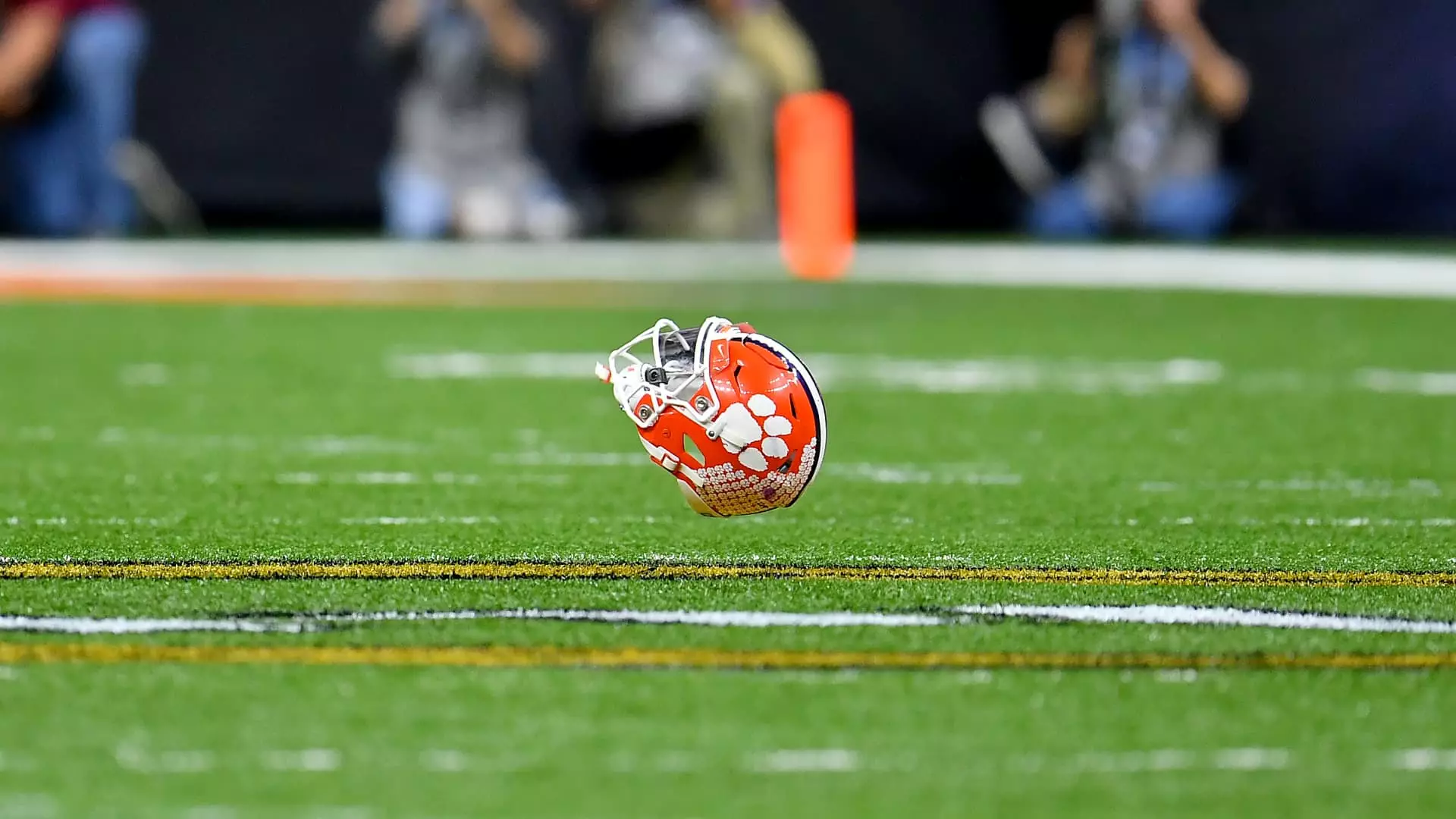The recent agreement between DirecTV and Disney to restore access to Disney’s channels, including ESPN, marks a significant moment in the ongoing evolution of media distribution. For nearly two weeks, over 11 million DirecTV customers found themselves staring at blank screens where popular sports events and entertainment were supposed to be. This standoff, which began on September 1, was largely due to a failure to mutually agree on pricing and package structures. The abrupt absence of these channels not only impacted individual customers but also affected small businesses that rely on DirecTV for streaming live sports. The timing of this blackout was especially unfortunate, coinciding with the kickoff of the college football season and the U.S. Open, among other major sporting events and television programs.
Both sides accused each other of being unyielding during the negotiation process. DirecTV expressed frustration with what they termed Disney’s anti-consumer practices, while Disney countered that DirecTV’s offers undervalued their content. This pattern of blame underscores a troubling trend in media negotiations where customer access and experience take a backseat to corporate strategy and bottom-line concerns. As executives from both companies clashed, they neglected the wider implications of their disagreement, particularly the disservice to audiences craving live sports and crucial broadcasting, such as presidential debates.
The fallout from this dispute highlights a significant dilemma: pay-TV providers and content owners must balance profitability with customer satisfaction. DirecTV’s Chief Marketing Officer, Vince Torres, acknowledged the tangible losses incurred during the blackout, suggesting that many subscribers might have reconsidered their service choices had the blackout continued for a longer duration.
The Impact on Customers and Businesses
As the blackout dragged on, the economic consequences rippled through various sectors. Local businesses, especially bars and restaurants, depend heavily on DirecTV’s package offerings, particularly for NFL games and other high-profile sporting events. Their inability to show these events not only jeopardized their profit margins but also forced patrons to seek alternative venues, potentially causing lasting damage to their brand loyalty.
Moreover, losing access to entertainment networks during pivotal events—like the presidential debate—exemplified the aberrant consequences of the fallout. DirecTV’s refusal to allow temporary access to ABC for that event, amidst claims it was merely a public relations maneuver, raises questions about corporate priorities and accountability.
Details of the New Agreement
Fortunately, both companies finally reached an agreement that promises to reshape the conventional pay-TV experience. This new deal allows DirecTV to offer various genre-specific packages that include access to Disney’s channels and streaming services—including Disney+, Hulu, and ESPN+. Notably, this flexibility marks a departure from traditional bundling approaches that have dominated the pay-TV landscape for decades. Expanding options allows subscribers to select packages that genuinely resonate with their viewing preferences, an increasingly important quality as more customers migrate to streaming platforms.
Additionally, DirecTV’s licensing rights for Disney’s upcoming direct-to-consumer ESPN streaming service is a forward-thinking move that assures current customers will have access to cutting-edge content, further emphasizing the growing importance of digital offerings in today’s media landscape. As DirecTV claims to transition away from being perceived solely as a satellite provider, this agreement might be a strategic step toward redefining its position in an era dominated by streaming services.
Despite the return of channels, lingering concerns remain regarding the dynamics of media negotiations and the fragmented state of viewing options. Tensions surrounding antitrust issues in the media realm are palpable, especially as some networks maneuver to consolidate power while maintaining competitive prices. As regulations evolve and streaming options proliferate, companies like DirecTV may face further pressures to adapt their business models.
This recent dispute serves as a cautionary tale for both content providers and television distributors, emphasizing that customer experience must remain a priority. The ability to negotiate fairly and with genuine intent could ultimately determine the survival of traditional business models alongside emerging digital platforms. Moving forward, both DirecTV and Disney must not only reflect on this recent collaboration but also actively consider how they can enhance the consumer experience and foster loyalty, rather than risk recurring conflicts that serve only to undermine the value they provide.
This deal between DirecTV and Disney can be viewed as a pivotal moment in the ongoing transformation of how content is consumed, setting a promising precedent for more customer-centric approaches in the evolving media landscape.

